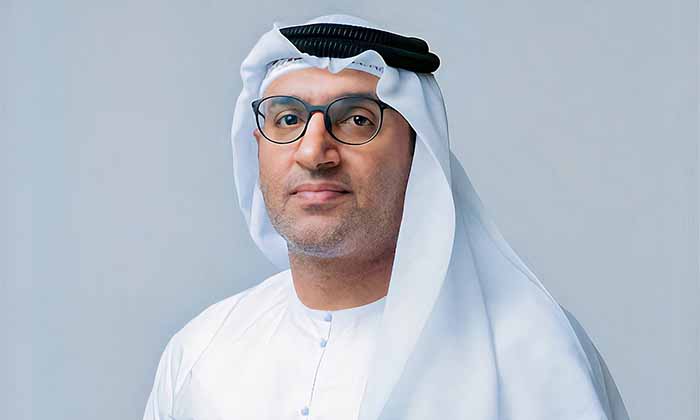Dubai’s real-estate market has entered a defining phase of resilience and maturity. In the first half of 2025 alone, total real-estate transactions exceeded AED 326 billion, marking a 39 percent increase compared with the same period last year. According to data from the Dubai Land Department, more than 118,000 property deals were completed by 94,700 investors, a clear reflection of growing global confidence in the emirate’s long-term fundamentals.
Behind these figures lies more than a property growth; it represents the institutionalisation of the market into a stable, innovation-led ecosystem. In the first quarter of 2025, Dubai recorded AED 114 billion worth of sales transactions, a 23 percent annual increase, while the luxury segment saw over 1,300 homes above AED 10 million sold, a 31 percent year-on-year rise. These trends are powered by solid macro-economic foundations, with Dubai’s population surpassing 3.8 million and GDP expanding by around 3 percent in 2024.
While the emirate’s success is solidly based on policy, innovation and quality of life, investor-friendly regulation, transparent governance and the absence of property tax have created one of the most competitive real-estate environments globally. At the same time, continued investments in infrastructure, tourism and renewable energy are laying the groundwork for a more diversified, future-ready economy.
Reflecting Dubai’s ambition to be both technologically advanced and environmentally responsible, at Arabian Gulf Properties, we view this evolution as an opportunity to redefine development for the next decade. Our focus is on sustainable, mixed-use communities that integrate smart-home technologies, wellness-driven design and green infrastructure.
With an estimated 73,000 new residential units expected to be delivered in 2025, the market is entering a phase that rewards long-term value creation. Dubai’s real-estate story today is not about chasing peaks, rather than it is about building permanence.


